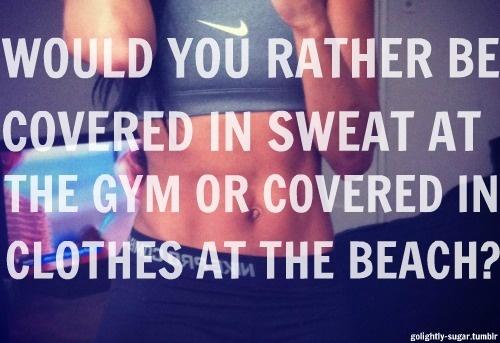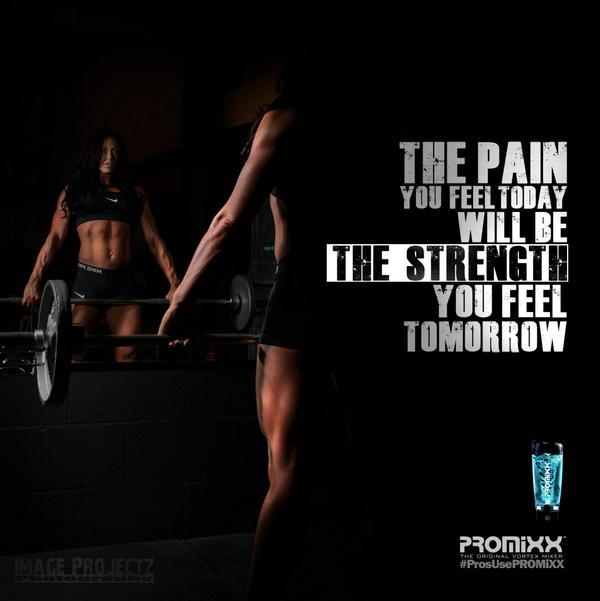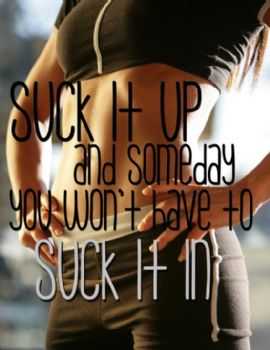I am determined to a fault. Were I good enough at sports, I’d be the athlete on the field, soaked with rain, sweat, and blood as I pushed through the mud on two broken ankles and a dislocated knee to score the winning goal against all odds. I used to race the person on the treadmill next to me. I wake up at 4:45 am to beat other people to the pool. I once finished a basketball game with a concussion, even though there was no way we were going to win.
What’s odd is that our society finds some sort of pride in the act of sacrificing our comfort and pushing through the pain—whether it’s physical, mental, or emotional. We applaud the people who risk everything to put a ball in the basket or who push themselves to the point of utter exhaustion to get an A on an exam. We applaud those who deal with grief by not showing any weakness and pressing forward. We love to see people pushing themselves past their limits, but for what? It’s taken three years of not being able to walk properly for me to realize that pointless martyrdom is total BS.
I have always struggled with being overweight, but I always thought that if I could just put my mind over my body and push myself hard enough, I could be as tiny as the VS models men drooled over. When I joined the world of Pinterest, I became privy to a revolutionary movement. Instead of “thinspiration”—motivational quotes and tips on how to become and stay thin—I saw loads of “fitspiration:” motivational quotes and tips on how to be fit.
“Healthy is the new skinny” read the captions under photos of nameless six-packed Crossfit women, claiming that their mindset was so much healthier than the people exercising just to lose weight. However, instead of discussing how to eat right and taking care of one’s body, this new “healthy” term promotes substituting weight loss smoothies with power up, muscle-building smoothies. It means that the ideal body type is within your reach and under your control if you do enough squats and crunches. Unlike the “skinny” mania, “fit” and “healthy” followers can weigh as much as they want, as long as they hit the gym every day and obsess over muscle tone. Anonymous photoshopped women on “fitspo” ads claimed that working out was essential to achieving body positivity, that you wouldn’t be good enough until you had chiseled arms, toned thighs and a flat stomach. And I believed them.
Fitspiration promised me that working out was a great way to handle the stresses of life. The gym became my sanctuary as I performed the rituals that were supposed to give me the VS-worthy body I desired. But I still wasn’t there. I listened to my muses, who sang siren songs of slim stomachs and slender thighs. But whatever I did, it was never enough. They told me that working out would become my addiction, but since when is an addiction healthy?
While serving a mission for the LDS Church, I injured my hip biking, but I kept pushing. I kept going. I wanted to keep helping people, so I pretended the massive amount of pain wasn’t a big deal. I kept going until I had to be hospitalized. And it was not glamorous. I felt none of the pride the fitspo images promised me would come from pushing my body to the limit; I just felt pain.
I had hip surgery to fix tears in my labrum, but I still didn’t learned my lesson. As soon as I could start exercising again, I did. I started training for a half marathon—simultaneously aware of my limits and my determination to surpass them. I gave myself time to rest and I followed a running plan so I didn’t injure myself by training too hard. But then I tripped and fell again, smacking my knee on concrete. I stayed off of my feet for a little while, but I could hear the health hounds in my head, pointing out my love handles and my jiggly thighs. And I resumed training through the pain, running until I couldn’t walk again.
That was a year ago and after countless consultations and physical therapy, I still can’t walk properly. Twelve months later, I can say that I finally learned my lesson. I don’t know if I will ever be able to run again. I don’t know if I’ll be able to chase my future children around my house. I am in daily pain all because I chose to listen to the fitness gurus who told me that being my self-esteem should be based on my muscle-to-fat ratio and that I should be willing to sacrifice everything—including my health—to get the perfect body. And ironically enough, after listening to society’s demand for unwavering determination and physical exertion, I am no longer able to reach my body’s limits without crippling in pain, much less surpass them.
I recently went through my old fitness board on Pinterest. Here are some of the real messages that I found set against the backdrop of scantily clad, seductive, toned women:

Translation: It’s OK to dislike your body, as long as you’re not counting pounds and calories.

Translation: You must be in perfect shape or you forfeit right to wear whatever the heck you want at the beach.

Translation: Skinny-shaming is okay if you’re promoting a fit lifestyle. Your self worth should be based on your sexual appeal.

Translation: If you have remaining body fat, you don’t deserve a break.

Translation: Working out will fix all of your body image issues.

Translation: You can either be fit or jealous—there is no other option. You must compare yourself to other women. Your self worth should be based on other people’s opinions.
While these were bad enough, the following were what “encouraged” me to push myself to the point that I couldn’t walk without looking like someone off The Walking Dead.



Do you see the damage here? When coaches and athletic companies preach that pain is weakness leaving the body, we stop listening to our body’s signal that something is wrong.
I still believe in exercise and taking care of your body, so I’ve had to alter my exercise regimen. I go to physical therapy a couple times a week. I can’t run and I can’t walk very far, but I try to take a walk every day. I can use an exercise bike on the lowest resistance setting. I swim to work out my upper body. I do some modified bodyweight exercises, but I stop when it hurts. I have to carefully analyze my body’s signals every day to make sure that I don’t hurt myself worse. I have learned to listen to my own body instead of nameless voices telling me I’m not good enough. And it will be a long road from here on out, but at least I’m on my own side.
Share this:
- Click to share on Tumblr (Opens in new window)
- Click to share on Twitter (Opens in new window)
- Click to share on Facebook (Opens in new window)
- Click to share on Reddit (Opens in new window)
- Click to email a link to a friend (Opens in new window)
- Click to print (Opens in new window)
- Click to share on Pocket (Opens in new window)
- Click to share on LinkedIn (Opens in new window)
- Click to share on Pinterest (Opens in new window)




